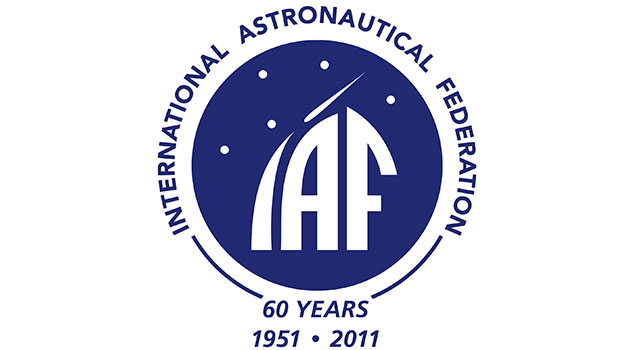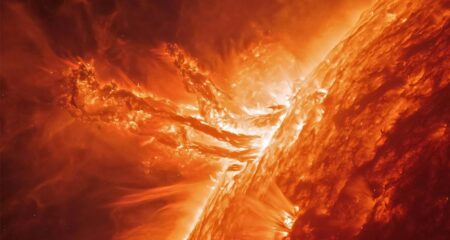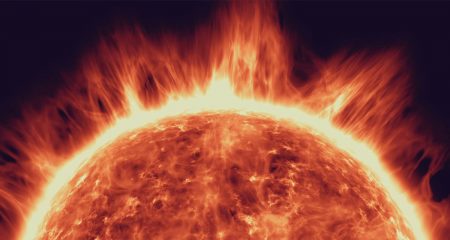
Denel’s new space engineering unit, Spaceteq, was inducted into the International Astronautical Federation (IAF) on Monday, the company said.
The event took place at the 64th annual International Astronautical Congress (IAC) currently underway in Beijing, China, spokesman Vuyelwa Qinga said in a statement.
IAF membership was an important step for South Africa as the IAC grouped together all those involved globally in space programmes, including administrators, scientists, and astronauts.
“This formal induction and membership into the IAF will assist Spaceteq to successfully enter the space industry with greater insight and establish international networks,” Denel Dynamics CEO Tsepo Monaheng said in the statement.
The IAF’s focus was to bring together experts from experienced and emerging space nations.
Over the past few years, the four-nation African Resource Management Constellation agreement was signed between Algeria, Nigeria, South Africa, and Kenya. This resulted in the creation of South African space policy, strategy and the formation of the South African National Space Agency (Sansa).
“Space is a new frontier for Africa, and this formal induction into the global space community means that South Africa is getting noticed for the work it has achieved in space science and technology,” said Monaheng.
In July, satellite manufacturer SunSpace was incorporated into Denel Dynamics. The move brought the advanced engineering technology skills of the two businesses under one roof as Spaceteq.
“Satellite production is a high-technology niche that South Africa will be pursuing,” Qinga said.
“Spaceteq’s scientists and engineers have capabilities honed from working at the Houwteq satellite test facility near Grabouw and on the SunSat and Sumbandilasat programmes.”
Developments were already underway for Spaceteq’s first project, a multispectral, high-resolution, earth observation satellite called EO-Sat1, operational by Sansa by 2017.
A space industry would help advance maths and science careers while creating quality jobs in South Africa.
“It will put South Africa on the map as a space nation, producing and using space data and science to solve our country’s developmental challenges,” Monaheng said. — Sapa




